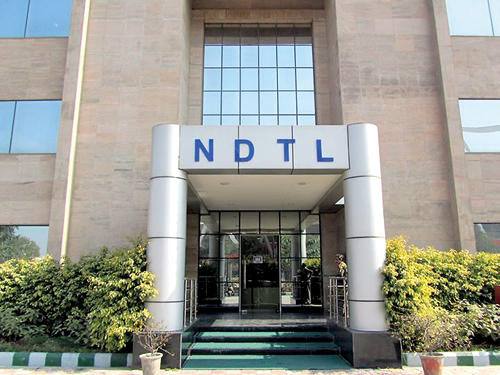Dope accusers question credibility of adverse findings
View(s):
The NDTL has lost its WADA accredition
Sri Lankan athletes facing doping bans question the credibility of adverse findings against them after a New Delhi-based testing laboratory accredited by the World Anti-Doping Agency (WADA) was suspended. They now want the adverse findings declared null and void.
WADA suspended the accreditation of the National Dope Testing Laboratory (NDTL) in New Delhi, India, for a period of up to six months on August 20 saying it failed to conform with International Standard for Laboratories (ISL).
Sri Lanka Anti-Doping Agency (SLADA) sources said seven athletes are currently facing disciplinary actions over positive dope tests and want prosecutors to investigate the credibility of the lab reports before nailing them with career-threatening bans.
“There a serious issue with the credibility of these reports,” said prosecutor Panduka Keerthinanda. “Even though the results have come before the suspension of the lab, there are doubts about these adverse findings. So we need to carefully handle this issue as it involves the careers of youung professional athletes who can be wrongfully accused of doping.”
The local body, SLADA, has written to WADA asking for a clear directive to proceed with the ongoing cases. “The results came before the suspension of the lab,” said Dr. Seevali Jayawickrema, the Director General of SLADA. “However, there’s a question about the credibility of these tests results now. So we have asked for a clear directive from WADA to proceed with the cases.”
In May 2016, Sri Lanka cricketer Kusal Janith Perera successfully challenged a doping suspension proving scientifically and beyond reasonable doubt that the testing process of the WADA-accredited lab report in Qatar was flawed.
After withdrawing his provisional suspension, the International Cricket Council released a statement apologising to the cricketer. It said it would call for an urgent explanation from WADA and the Qatar laboratory which tested Perera’s urine sample. The lab was suspended six months later before being reinstated in April 2017 after it corrected its deficiencies.
Following the suspension of the Delhi lab, Sri Lanka is currently using the services of the controversial Qatar lab which is the cheapest option available for testing.


